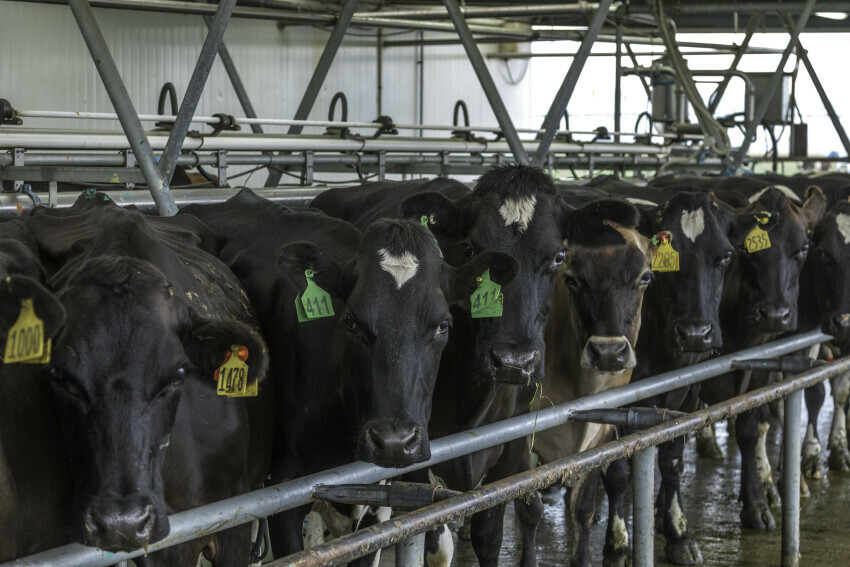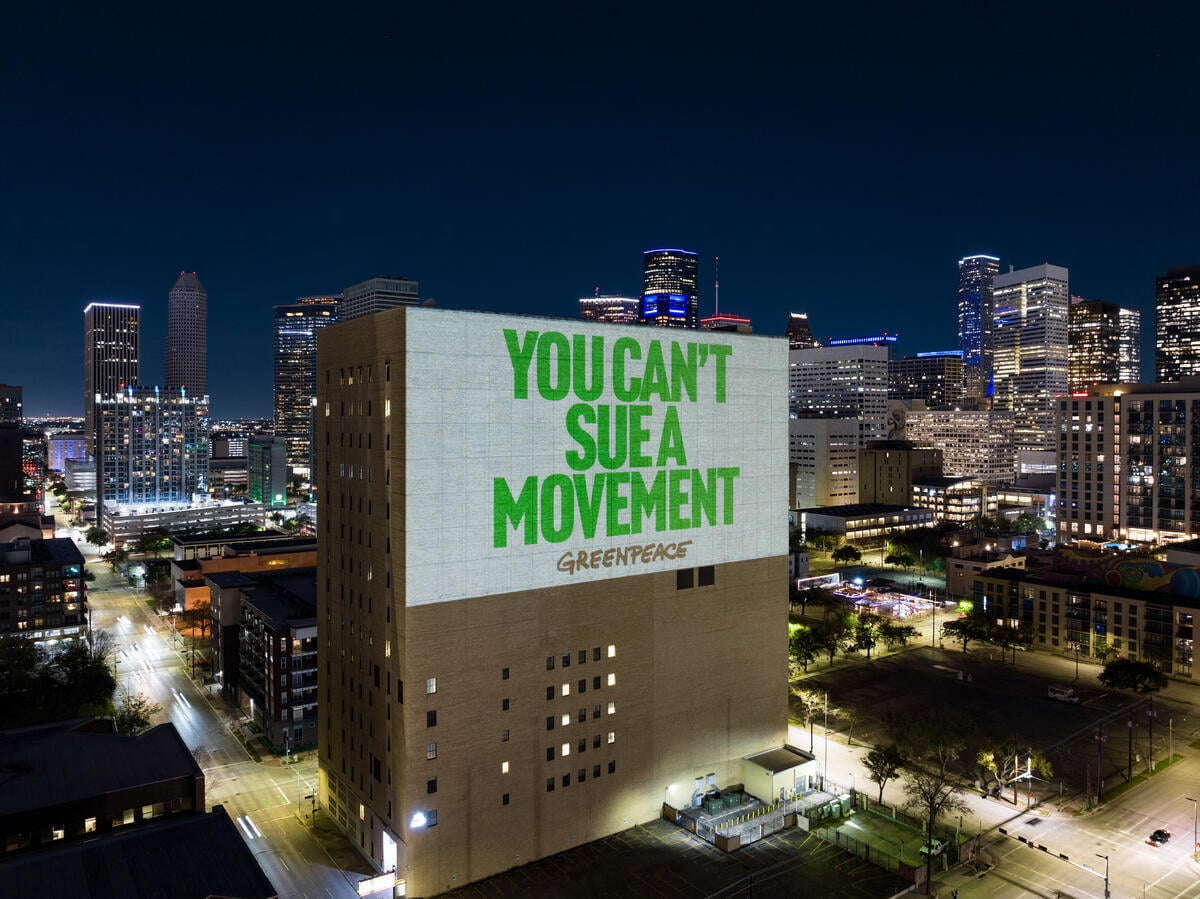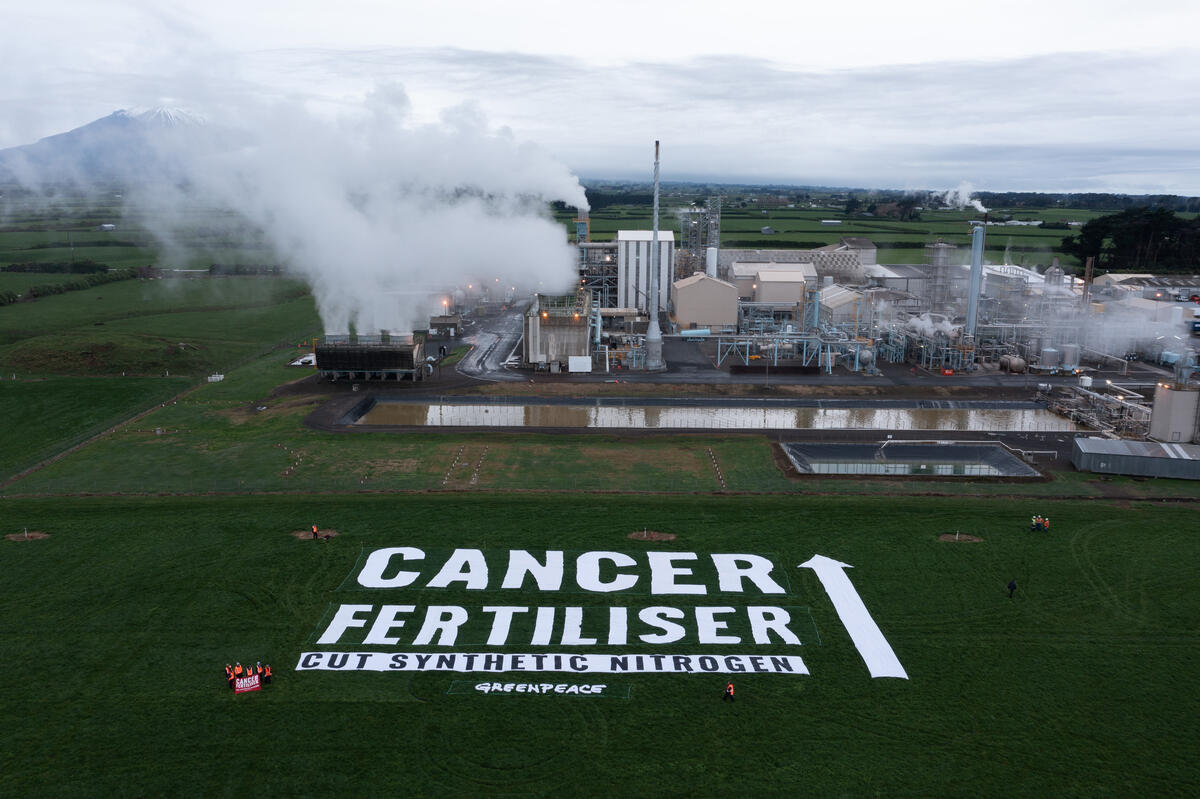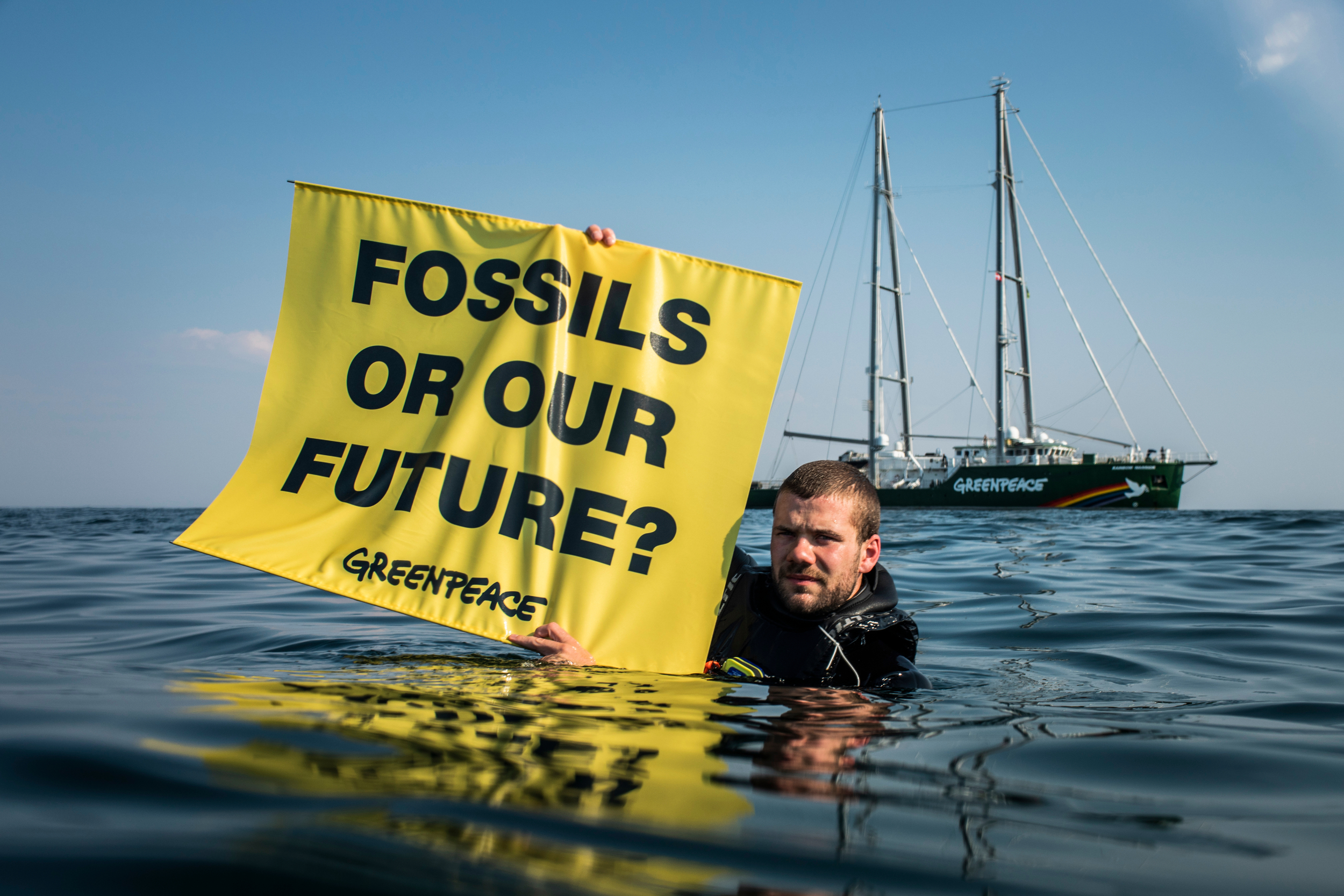Right now, COP30 is taking place in Belem, Brazil – and what happens could have major implications for New Zealand’s reputation, trade partnerships, and more.
From the outside, people often think one of two things about the UN climate change conferences – the COPs. You may believe that these conferences are where engaging, important conversations are had… or you may think they sound like a total snoozefest.
The truth is, they’re both. Believe me, I’ve been to one.
Here’s what I’m watching out for as COP30 gets underway this week in Belém, Brazil.
1. Methane target backlash
New Zealand recently backtracked on climate change by deciding to let our biggest polluter off the hook. Luxon’s government weakened our methane target despite advice from the Climate Commission to strengthen it.
This move, made at the request of agribusiness lobbyists, undermines global action on climate change, and breaches the Paris Agreement. Our Climate Change Minister, Simon Watts, admitted himself that the new targets don’t align with goals to keep warming below 1.5 degrees – which all nations must adhere to under international law.
Not only this, but they’ve also adopted the highly controversial approach of using ‘no additional warming’ concepts to set future targets. That means they no longer consider it a requirement to reduce methane emissions to pre-industrial levels – AKA ‘normal’ levels. Instead, the Government will simply require agribusiness to keep emissions stable at the level they are now.
In short, this is dodgy accounting, sweeping climate pollution under the rug and pretending there’s nothing there.
While this is all worrying, what’s more concerning is that New Zealand may just be the first domino to fall. Countries like Ireland and Uruguay are looking to follow suit, sparking a global ‘race to the bottom’ on agricultural emissions.
Already, leaders like the Climate Minister of Tuvalu have spoken out publicly, criticising this decision for backtracking on climate action. I reckon we can expect more backlash to come in the next few weeks as our government attends COP30 – the first international climate summit since they made the announcement.

Call on world leaders to stop livestock expansion.
Take action now!2. More oil and gas hype at COP30
Shane Jones has been out and about selling off Aotearoa to oil and gas majors overseas. Meanwhile his colleague Simon Watts has been left the task of convincing the world that New Zealand is absolutely committed to a fossil fuel phase out. The problem? We’re not committed to it here in our own territory.
Every year, hundreds of oil and gas lobbyists attend the UN climate conferences to influence negotiations. In some cases, they’ve been caught making deals with governments.
Do I think our Government is foolish enough to use the UN climate change negotiations to make actual deals with the devil? No.
But do I think they will take the opportunity at COP30 to promote themselves as open for business – in a world where fossil fuels are being kicked to the curb? Absolutely.
3. Government talking up the Zero Carbon Act… that they have just gutted.
When New Zealand passed the Zero Carbon Act in 2019, we became the first country in the world to bipartisanly legislate our climate change targets in domestic law. We have built our reputation as a ‘climate leader’ internationally on that legislation – and the ban on oil and gas exploration (see above for the fate of that particular piece.)
However, literally one week before COP30 was set to begin, the NZ Government announced plans to gut the Zero Carbon Act even more than they already had previously. They’ve outlined sweeping changes to the Act that will mean less public consultation on climate action. Those changes also mean less scientific advice, guidance, and input on climate change decisions made by the Government.
Christopher Luxon and his Government love to use the Zero Carbon Act as a justification for their other cuts to climate action. They reckon that they can’t be outright climate deniers, because they’re ‘committed to the targets’ in the Zero Carbon Act. But what’s the point of the Act if it’s just a hollowed-out shell of its former self?
4. Big promises, zero action.
This Government loves to pay lip service to climate change internationally, while doing sweet f*ck all back home.
Like trying to hype ourselves up as a ‘good Pacific neighbour’ while bringing back the oil and gas ban. Or claiming to be the best in the world at sustainable agriculture practices while slashing methane targets and excluding our biggest polluter from the emissions trading scheme.
Governments should work to make things better for people. But New Zealand’s Government is working to make things better for polluting industries. Meanwhile they are actively worsening the climate crisis – which will destroy homes, lives, and livelihoods.
5. Fonterra and other dairy industry lobbyists attending COP30 glorifying New Zealand’s agricultural sector
New Zealand’s most climate-polluting sector is agriculture – mainly because we have too many cows. But to hear lobbyists talk about it overseas, you’d think those cows were the cleanest, greenest, milk-making machines money could buy.
Unfortunately, the rosy picture painted by New Zealand agribusiness lobbyists is far from the reality.
New Zealand is not just the biggest exporter of dairy products in the world. It is also amongst the biggest exporters of dairy industry-funded climate denial. In fact, the boss of New Zealand’s largest dairy company, Fonterra, heads up the Global Dairy Platform. They are an influential lobby group who push behind the scenes for less action on climate. Not so ‘clean and green’, aye?
6. Mythological technofixes that don’t exist, and probably never will.
Good old-fashioned Government-funded greenwash. Gotta love it.
New Zealand’s entire strategy to reduce emissions from its biggest climate polluter – agribusiness – is to rely on half-baked technologies that don’t currently exist outside of a research project. Our Government has thrown MILLIONS into investing in these ‘methane inhibitors’ which are untried, untested, and unproven. And they’re desperate to prove to the world that New Zealand dairy is ‘better’, ‘more sustainable’, and worth a top dollar.
So, we can expect the New Zealand Government to wax lyrical over its investments in pills to stop cow digestive systems from working properly, harnesses that will distribute cow urine throughout the pasture instead of concentrating it in one spot, and the much-lauded EcoPond to reduce emissions from effluent ponds.
None of these technologies are proven to work at scale, on-farm, to reduce the methane emissions from cow burps. It’s those emissions which make up the bulk of New Zealand’s agricultural emissions. Can you imagine trying to fit the entire dairy herd – six million cows – with permanent urine-distribution harnesses?
COP30 will expose New Zealand as climate deniers – but we deserve leaders who take climate action seriously.
It doesn’t have to be this way.
Every incremental rise in the average global temperature will have escalating effects for future generations. Most people in New Zealand agree the government should be doing more to tackle climate change.
As COP30 happens this week New Zealand, and all nations, will be in the spotlight to see what climate action we’re taking.
The Luxon Government is out of step with the world. They are not taking the necessary actions needed to face the climate crisis. Meanwhile, the dairy sector is our nation’s largest emitter. It could also be our greatest contribution to cutting emissions and dramatically slow global heating.
Join us in calling on world leaders to take action on climate change caused by the intensive livestock industry – sign the petition now!

Call on world leaders to stop livestock expansion.
Take action now!


